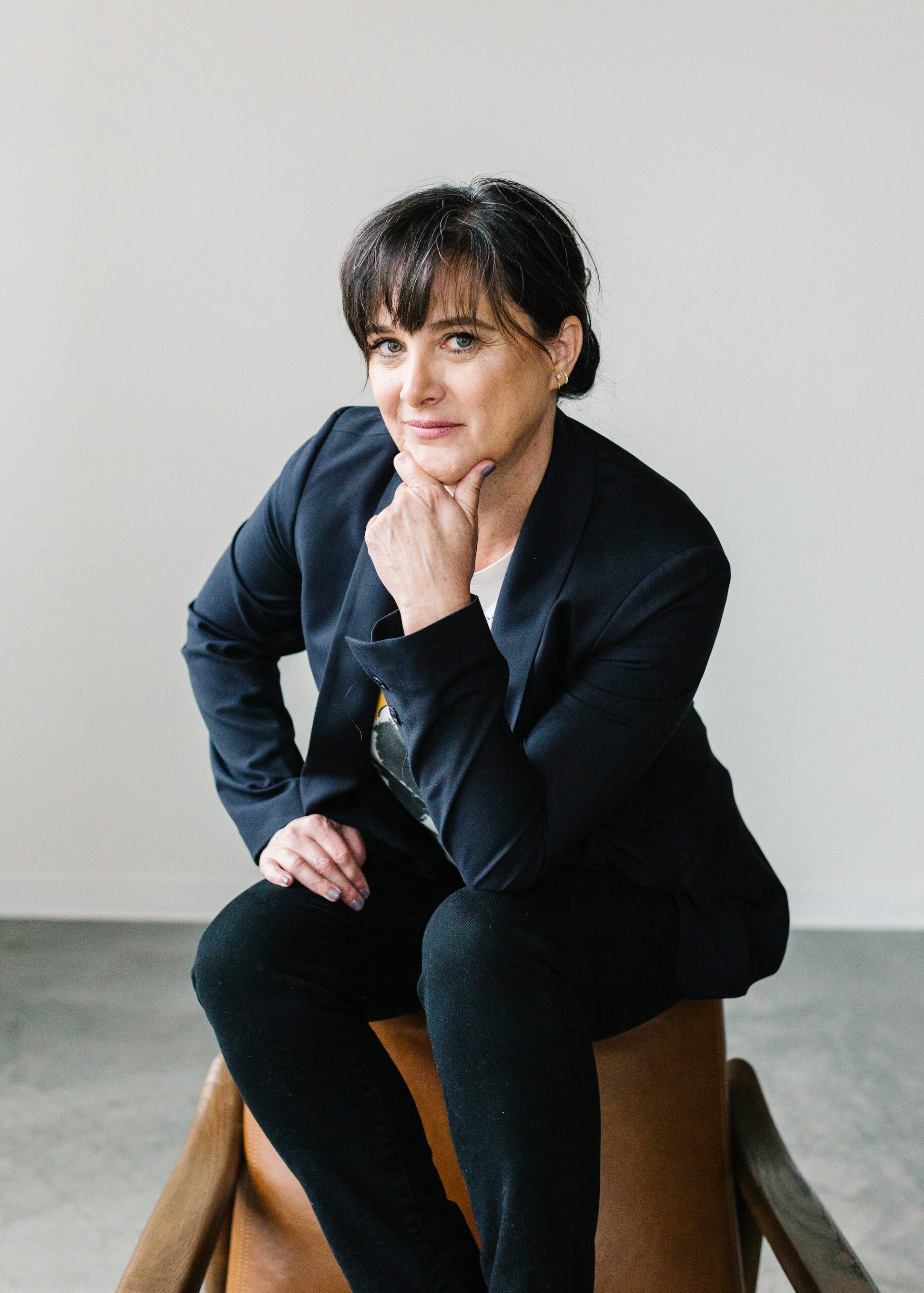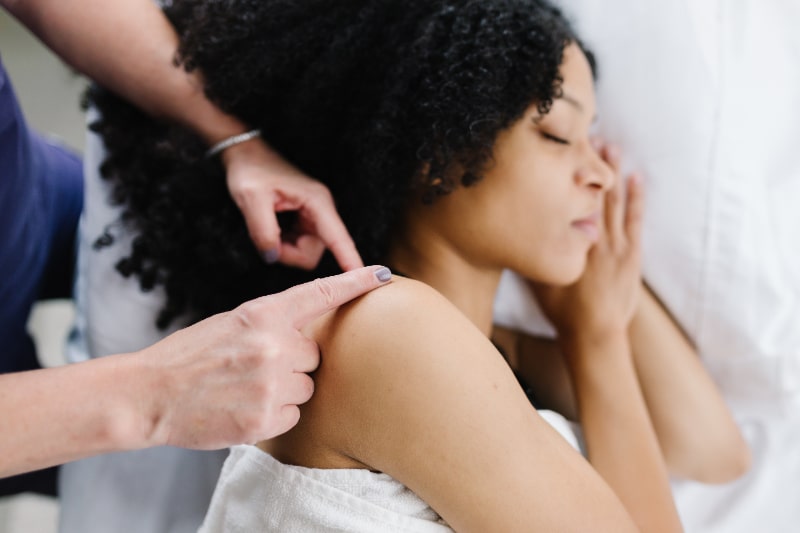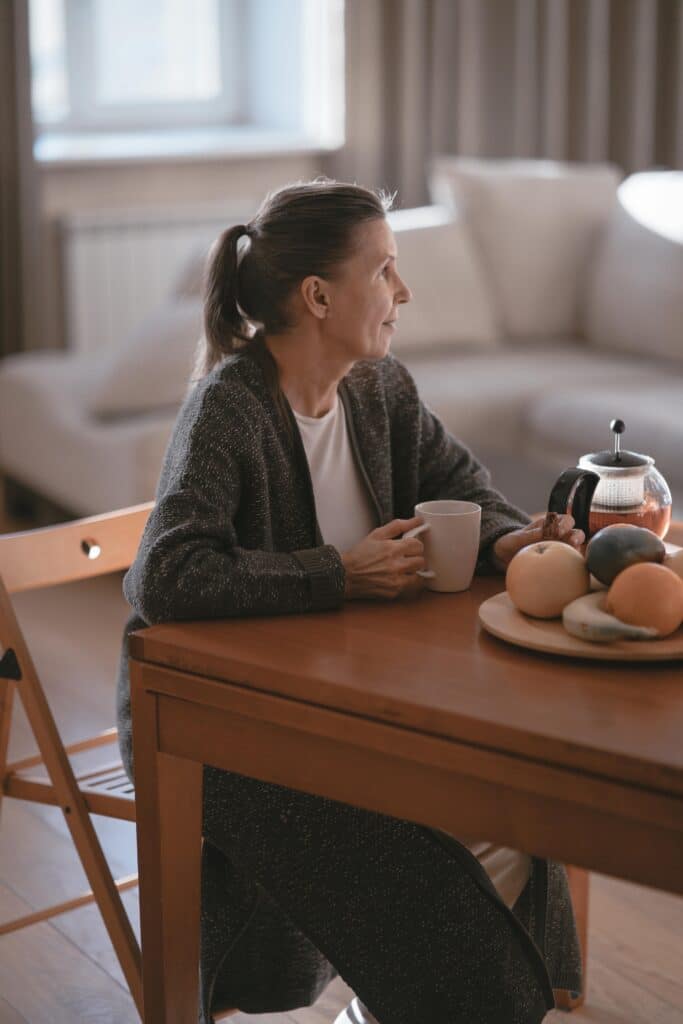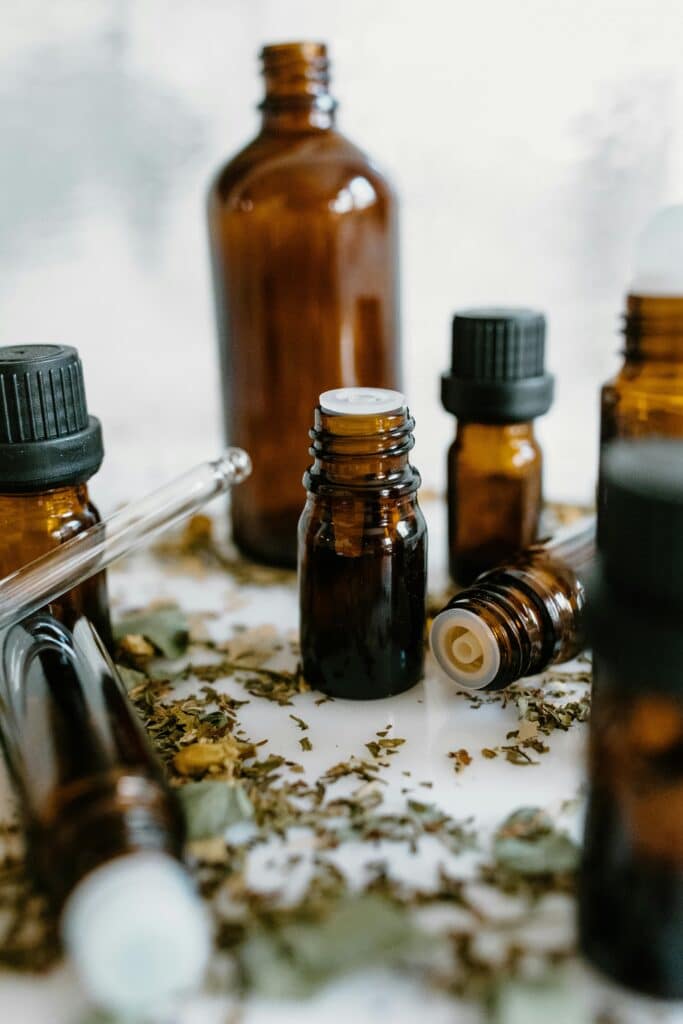
Ever wondered how acupuncture works? This ancient practice has left many of curious, if not a little skeptical. And I get it. When I first encountered acupuncture, I had a million questions. How could tiny needles possibly relieve pain or improve health? Now, as an acupuncturist, I answer these kinds of questions every day. If you’re a health enthusiast, someone seeking alternative medicine, part of the wellness community, or are even just mildly curious… this blog post is for you!
Before we get started, if you’re in the Portland area and searching for an acupuncture clinic, you’ve come to the right place. Click here to book a private consultation with our clinic! We’d love to see help!
Okay, let’s unravel the mystery behind acupuncture and discover its science-backed secrets.

What is Acupuncture?
Acupuncture is one component of ancient Chinese Medicine practice that involves inserting thin needles into specific points on the body. These points are connected by pathways or “meridians” through which energy, or “Qi,” flows which we now know activates a biochemical response from our central nervous system. According to Traditional Chinese Medicine, when Qi is blocked, it can cause various health issues. By stimulating these points, acupuncture aims to restore proper function in our bodies and a return to a balanced state of homeostasis.
Many people may be concerned that acupuncture is painful because it involves needles. However, the needles used are extremely thin, often resulting in minimal discomfort. Another misconception is that acupuncture is only for pain relief. While it’s highly effective for pain, it also helps with various other conditions like perimenopause, digestive issues, allergies, labor prep, and even infertility!
Western Science and Acupuncture
In the West, we’ve often brushed off acupuncture as just moving “Qi” or energy. If you’re raising your eyebrow wondering what exactly that means, keep reading. Modern science gives us a clearer picture.
Studies using MRIs, electrical sensitivity testing, and thermography show that acupuncture positively impacts brain regions like the limbic system. This means it can reduce pain, ease emotional distress, to help many common health issues.
While acupuncture might seem mystical, science is starting to explain how it works. It stimulates the central nervous system, releasing chemicals into the muscles, spinal cord, and brain, which promote both physical and emotional well-being.
Primary Effects of Acupuncture
Acupuncture is known for three main benefits:
- Pain Relief: It effectively reduces both acute and chronic pain.
- Inflammation Reduction: It helps decrease inflammation, which is often linked to various diseases.
- Restoring Homeostasis: It helps the body maintain internal balance, essential for overall health.
Understanding Homeostasis
Let’s dive a little deeper into that last one. Homeostasis is your body’s ability to maintain a stable internal environment despite external changes. Think of it as your body’s way of staying balanced. All diseases disrupt this balance and are often accompanied by pain and inflammation. Chronic inflammation is a significant factor in many severe conditions like heart disease. Understanding this concept helps us see why acupuncture can be effective for various ailments.

The Controversy Around "Qi"
The Chinese word “Qi” is often translated as “energy,” but some argue it means “air.” Regardless, the focus is on blood and oxygen flow through “meridians” or “vessels.” And while it can sound mystical, the truth is that the Chinese discovered the continuous circulation of blood long before Western medicine did. Impaired blood flow is a common indicator of disease in both Chinese and Western medicine, and acupuncture works to remedy that.
How Acupuncture Affects the Body
Acupuncture impacts every major body system, including the cardiac, respiratory, gastrointestinal, circulatory, endocrine, and immune systems. Here’s how:
- Promotes Blood Flow: Acupuncture enhances blood flow, which is crucial for healing. Blood carries oxygen, nutrients, immune substances, hormones, painkillers, and anti-inflammatories. Increased blood flow and vasodilation are especially important as blood flow decreases with age, trauma, injuries, and certain diseases.
- Stimulates Healing Mechanisms: Acupuncture creates “micro traumas,” triggering the body’s healing processes via the nervous, immune, and endocrine systems. Healing these micro traumas also addresses surrounding tissue damage from past injuries.
- Releases Natural Painkillers: Needle insertion signals the brain to release endorphins, norepinephrine, and enkephalin—some of which are 10-200 times more potent than morphine.
- Reduces Chronic Pain: Acupuncture reduces chronic pain by stimulating neurotransmitters in a process called “descending control normalization,” involving the serotonergic nervous system.
- Encourages Neuroplasticity: Acupuncture promotes neuroplasticity, where the brain adapts to external stimuli and creates new responses over time.
- Relaxes Muscles: Acupuncture relaxes shortened muscles, easing pressure on joints, tendons, and nerves. This allows vasodilation to restore blood flow, nourishing previously deprived tissues, including internal organs.
- Reduces Stress: Acupuncture stimulates the release of oxytocin, regulating the parasympathetic nervous system. This “rest-and-digest” system counteracts the “fight-or-flight” response governed by the sympathetic nervous system. Improved parasympathetic function is linked to better outcomes for autoimmune diseases like arthritis, lupus, and inflammatory bowel disease.
What to Expect as a Patient
As an acupuncture patient, you’ll feel the effects with each treatment, which builds upon the last. Ideally, you’ll leave each session feeling calm, with relaxed muscles and a sense of balance restored. This profound emotional and physical shift can lead to significant healing over time.

How Acupuncture Works: Explained
Hopefully, I have explained how acupuncture works, alleviated any misconceptions, and left you with a better understanding. Acupuncture is not just an ancient art; it’s a modern practice backed by science. Whether you’re skeptical or a believer, experiencing acupuncture firsthand can offer profound benefits for your physical and emotional well-being. It works regardless of your frame of reference, and once you try it, you’ll love how you feel!
If you’re curious to explore more, book a consultation with our Portland clinic today and take the first step toward a healthier, more balanced life.

Tune-Up Acupuncture: Why Fall Is the Perfect Time to Reset Your Health
If you’ve ever felt a little off as the seasons change (maybe more tired, more tense, or more moody than usual) you’re not alone. This

What’s Going On With My Gut? Understanding Perimenopause Digestive Issues
If you’ve noticed your digestion changing during your 40s, you’re not imagining it. Bloating, constipation, diarrhea, or unpredictable food sensitivities can all appear during the

Herbal Remedies for Immune System Support: Boost Your Body’s Defenses Naturally
When your immune system is running smoothly, you feel it—you have more energy, bounce back faster from colds, and can handle seasonal changes without getting

Acupuncture for Hot Flashes: Natural Relief During Menopause
Hot flashes can feel like your body is turning against you. You feel heat surges out of nowhere, sweat pools instantly, and sleep goes out

Herbal Medicine for Stress Relief: Finding Calm in a Busy World
We live in a fast-moving world—and our nervous systems often bear the brunt. If you’re navigating long workdays, caregiving responsibilities, hormonal shifts, or just the

Understanding and Easing Your Late Perimenopause Symptoms
If you’re in your 40s or early 50s and starting to notice changes in your cycle, sleep, or mood, you’re not alone. Many women experience
